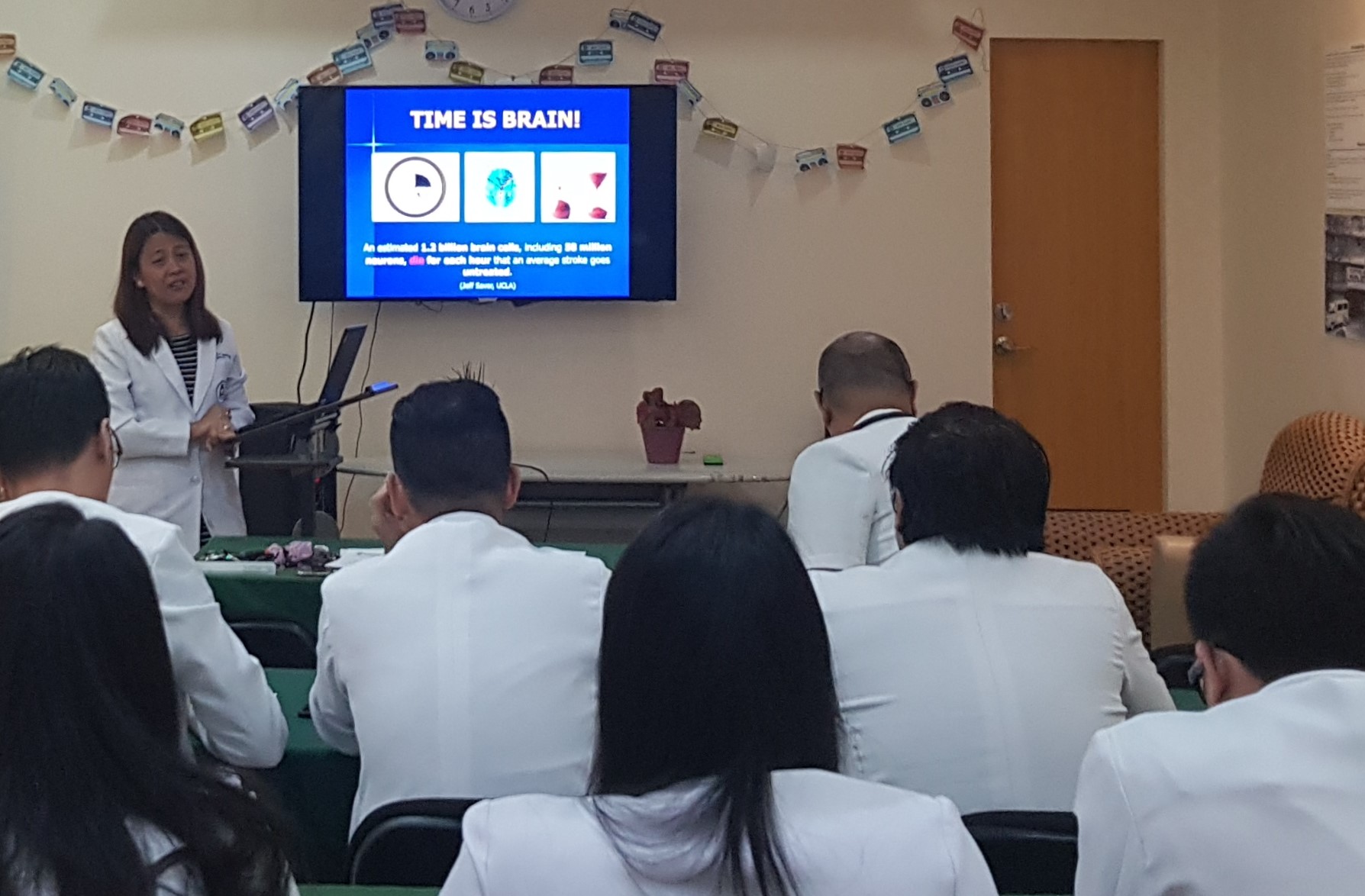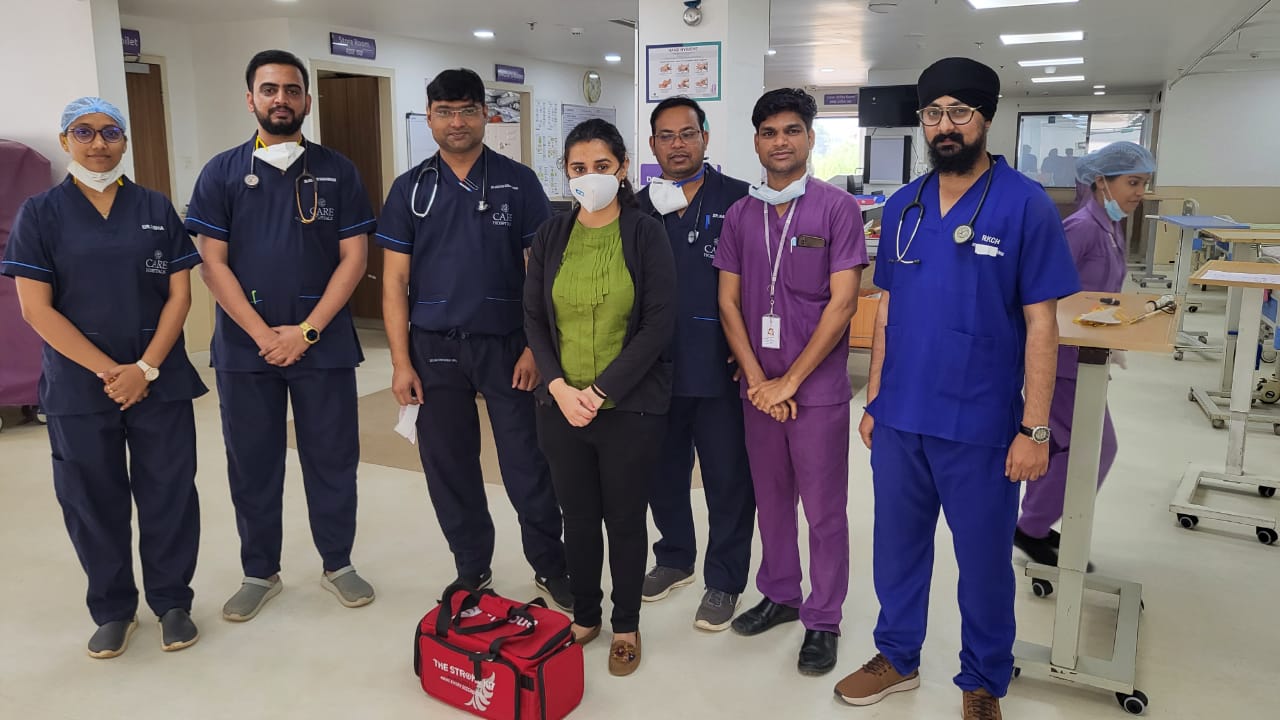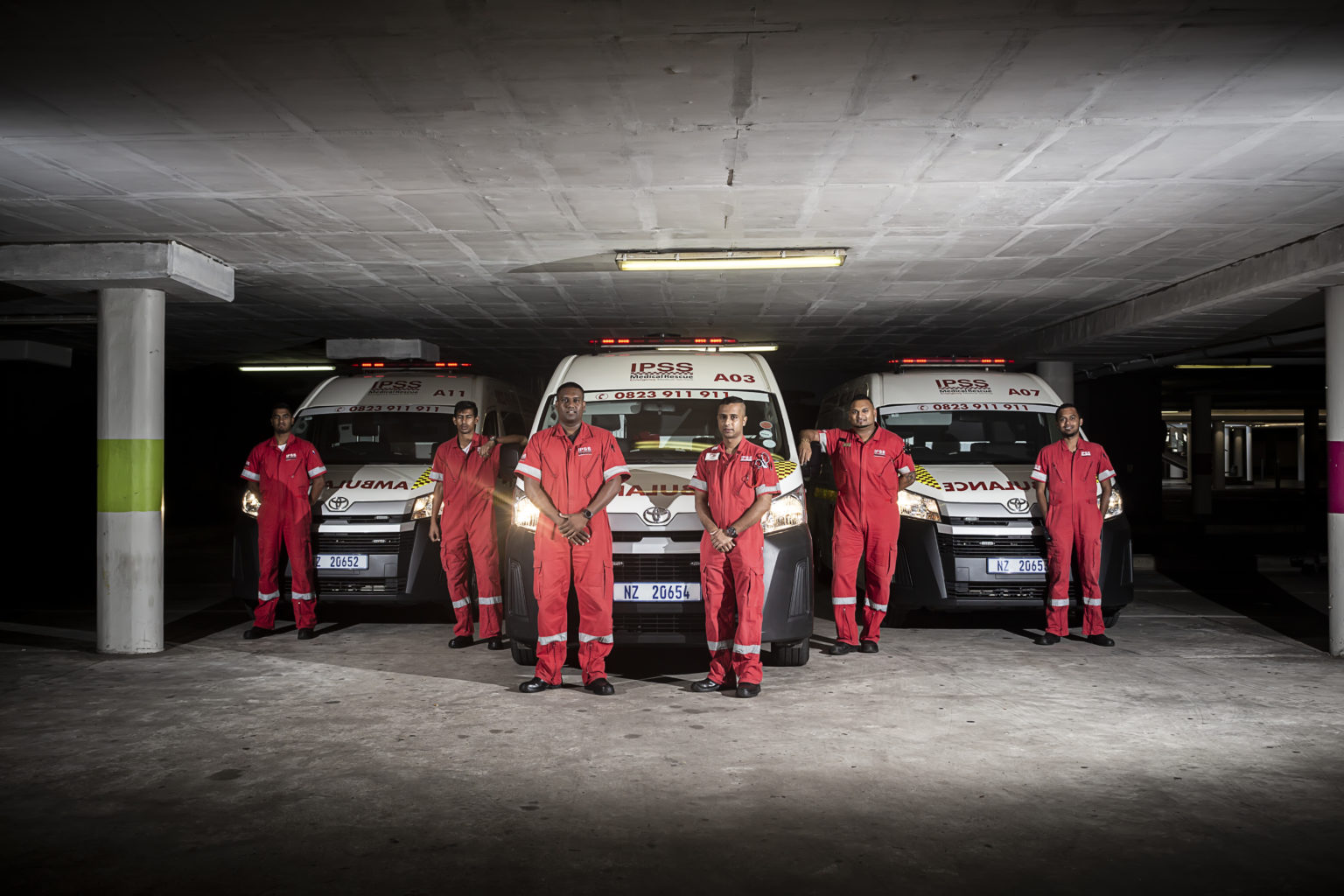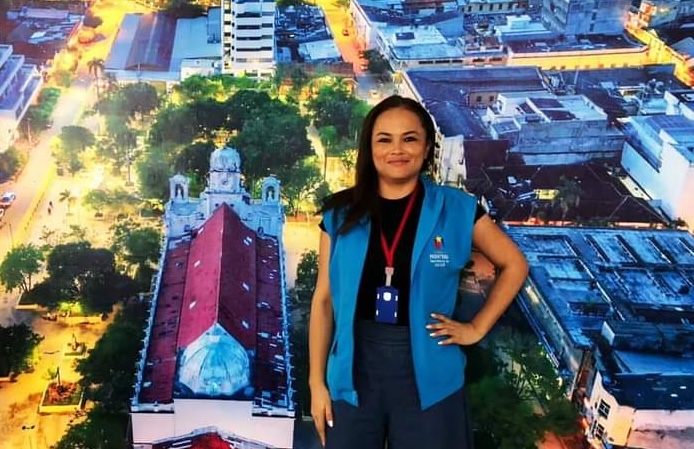In just the little over a year that we have partnered with Angels, they have been a tremendous support in progressing our stroke campaigns. Because of them, our teams were able to shape and nurture the stroke services in three hospitals, writes Jennifer Justice F. Manzano, MD, Head of Stroke Services; Medical Center Manila, Asian Hospital and Medical Center, Perpetual Help Medical Center
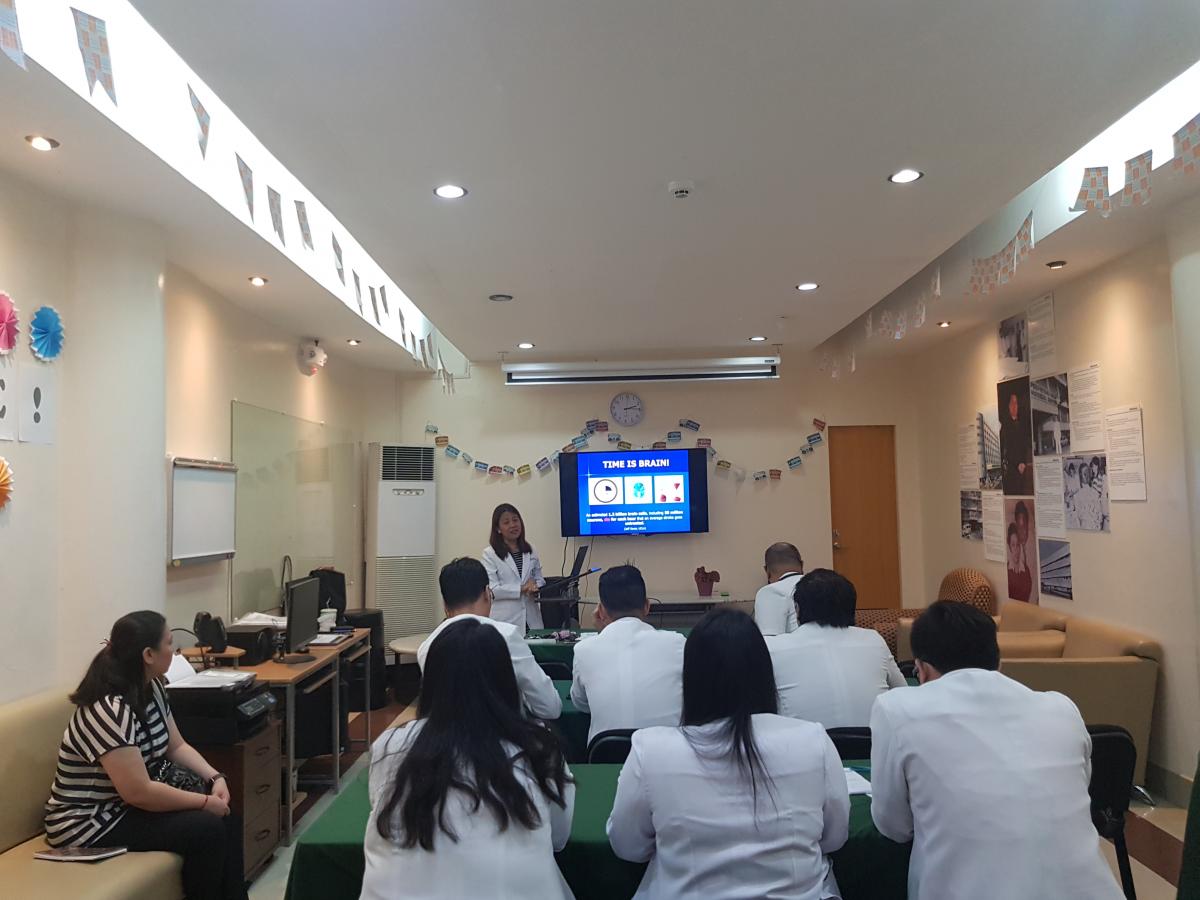
Stroke is the second leading cause of death and the top cause of disability in the Philippines, with a prevalence of 0.9%1. While there are 105 million Filipinos, there are only a little over 280 neurologists2 catering to this population — and most of them (about 67%) practice in the cities1.
As many of my relatives have suffered from stroke, I too am well-aware of the insufficiency of the Philippines’ stroke care infrastructure. This was partly what spurred my desire to help develop stroke services in the hospitals I work in. With the help of the administrations of each hospital, we decided to create stroke programs for Medical Center Manila (MCM), Asian Hospital and Medical Center (AHMC), and Perpetual Help Medical Center (PHMC). Together, we set the vision for the stroke program of each institution.
We wanted MCM to be able to provide acute stroke care that is on par with industry standards and to be a leader in stroke education for non-professionals — what we call “lay fora”; we wanted PHMC to be able to provide stroke patients in its community with a multidisciplinary program that would give them the best functional outcomes; and for AHMC, we envisioned a stroke referral center in the South of Manila which also served nearby provinces.
We quickly realized that the biggest hurdles ahead of us were training our medical staff, fostering collaboration between departments, and educating the community to come to the ER immediately when faced with symptoms of stroke.
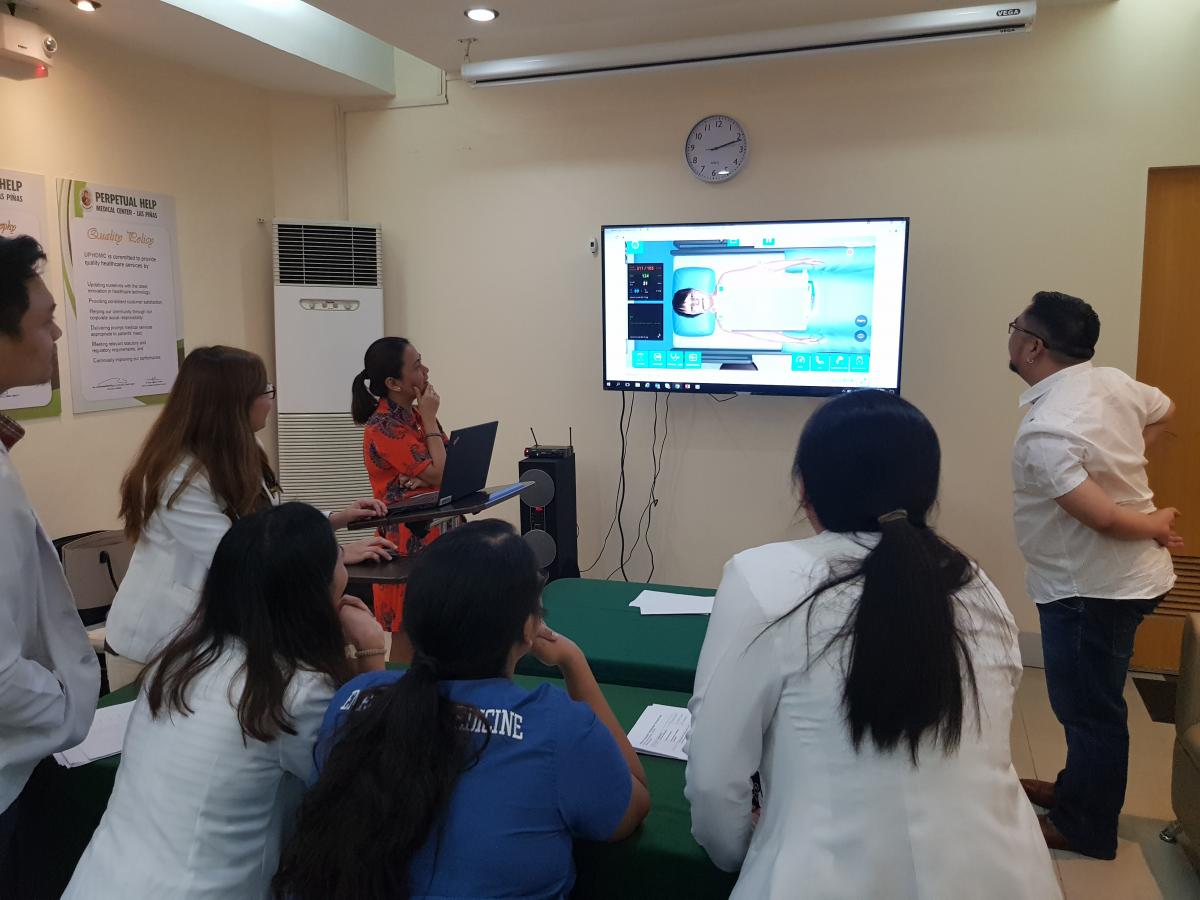
The Angels Initiative has been a huge blessing to us, particularly with training. When we set out to establish our stroke programs, we knew that staff, nurses, residents and ER consultants would come and go. As such, it was important that we set up a training core for nurses and doctors. The Angels provided us with useful resources for training our medical and nursing staff, including lecture slides, imaging training, nursing certification curriculum, and digital simulation exercises.
To foster collaboration between departments and within the stroke team, we held regular meetings that were attended by medical staff, nurses, laboratory, radiology, rehabilitation, marketing, and finance departments. During these meetings, our Angels partner shared a wealth of ideas on how practices are applied in other hospitals and other countries. Their knowledge on best practices also gave us the fresh perspective we needed, particularly when we faced challenges.
When doctors and nurses explain stroke to patients and laymen, often, it is Greek to them. Along with our marketing partners, the Angels have been a lifeline in our efforts to drive stroke education in our communities. By helping us organize lay fora and Facebook live sessions, as well as being an important resource for ready-to-use ad materials and best practices in other countries, they have allowed us to share our message better and to a wider audience.
In just the little over a year that we have partnered with Angels, they have been a tremendous support in progressing our stroke campaigns. Because of them, our teams were able to shape and nurture the stroke services in three hospitals.
We are very encouraged by our progress, and we are motivated to keep changing and improving in the hopes that one day, we — including our friends and families — can be rest assured that a stroke ready hospital is within reach when needed.
1 Navarro, J. C., Baroque II, A. C., Lokin, J. K. & Venketasubramanian, N. (2014). The real stroke burden in the Philippines. International Journal of Stroke. 9. 10.1111/ijs.12287.
2 Worldometers. (2019). Philippines Population. Retrieved 18 Ιουλίου 2019, from https://www.worldometers.info/world-population/philippines-population/
